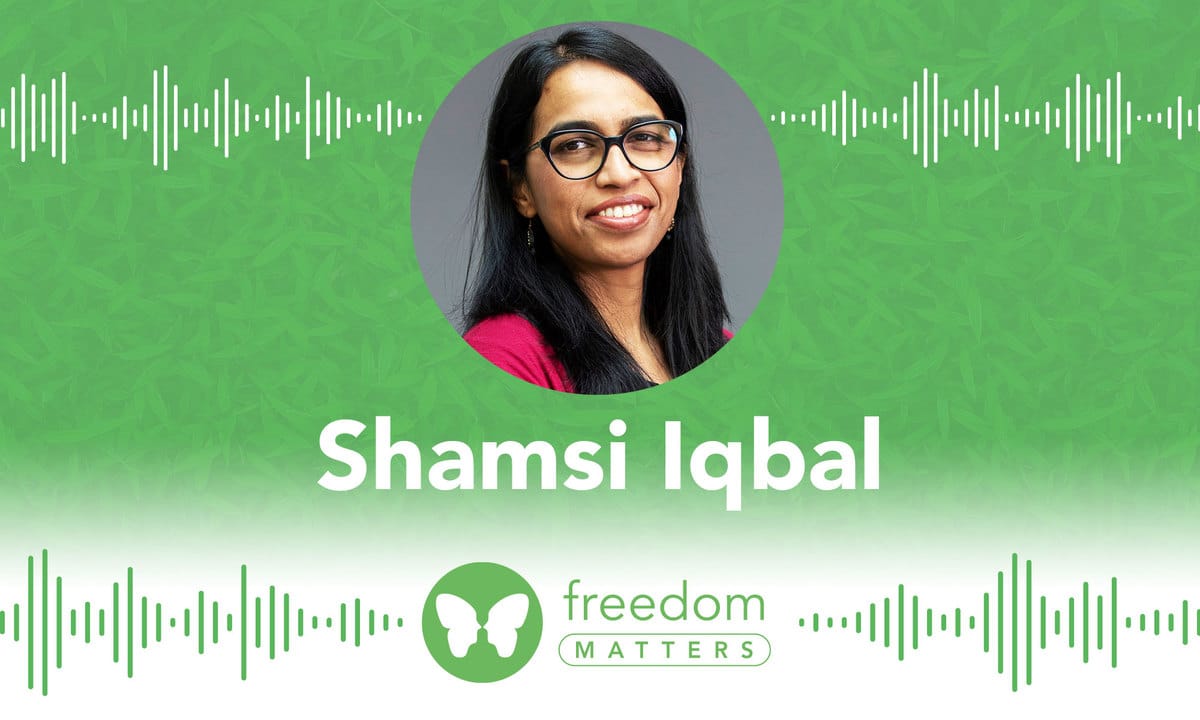Parenting in the Digital Age: Study Habits & Tools for Teens

Tips & tricks to help teenagers build a solid study strategy for life
As we gear up to send kids back to school many parents and teens are already stressed out about homework. While some teens are able to buckle down and self-study, many more struggle to find the energy and motivation to get the job done. This becomes even more of a challenge given all the digital distractions at their fingertips!
So what can parents do to help their teens study successfully? To set your teenager up for success you can help them develop study skills. They also need to be able to manage distractions, so you can provide certain tools for that.
Here are some tips and strategies to help teens focus on their studies and get their work done today – and in the years to come!

Make a Plan
It’s helpful for both parents and teens to have study time mapped out. Sitting down together to discuss the most productive way to set up work time helps them to take ownership of their responsibilities and puts you both on the same page. Some things you might ask:
- Where do you study best? In a quiet room with no distractions? At the dinner table with headphones on? On the couch? Think about it together and come up with a space that is conducive to focus. Best to stay away from working on the bed though – this just leads to sleepy unmotivated teenagers.
- What helps you focus? Snacks, music, fidgets etc.
- If there are siblings, discuss whether they can work together. They may need to be separated during study sessions so as not to distract one another
- When is the right time to study? Does it feel better to sit down earlier in the afternoon and get it out of the way? Most teens will find they actually prefer getting their studying done ASAP, rather than pushing it off till late.
Once you have a plan, make sure to put it in writing! Even if you just make some notes together – it’s helpful to have it down on paper to keep everyone accountable.
Freedom allows teens to develop the critical skills of self-regulation and time management by putting the control into their hands.
Read: How One Family Found Screen Time Balance with Freedom
Keep Digital Distractions at Bay
One of the biggest obstacles to studying for kids is their digital devices. For teens, the pull of their social life is ever-present – as are other fun distractions like YouTube, Pinterest, and Netflix.
- The first thing to do is put the phones, tablets, and computers on “do not disturb” mode. Then – this is crucial – put the phone out of sight! This greatly reduces the chances of your teens’ studies being interrupted by the constant pinging of messages and notifications.
- Another great way to manage digital distractions is by the use of an app like Freedom. Freedom can block selected apps on any of your teenager’s devices for a set period of time.
- Freedom allows teens to develop the critical skills of self-regulation and time management by putting the control into their hands. When they know they need to focus they simply turn on Freedom and all the distracting websites will be blocked. Teens can even schedule recurring blocks for every afternoon to help stay on a consistent study schedule after school.
- Freedom has features that help prevent quitting the app or changing settings during a session. However, teens can opt to add an extra layer of protection against the urge to check, by having a parent or friend set a password to lock them out entirely.
- For a quick and simple study solution, teens can use the Chrome extension Focus by Freedom to block distracting websites on the computer.
- The Freedom app also includes Focus Sounds – a collection of ambient noise and music tracks designed to help with focus. Focus sounds were composed with the specific purpose of inducing a flow state and can help keep teens focused and productive.
Access Focus Sounds via the Freedom web dashboard, and find them for free on Soundcloud and YouTube.

Help Teens with Executive Function Skills
Teens have a lot to juggle. Classes, assignments, extracurriculars, and a social life can leave them feeling pretty overwhelmed. When it comes time to sit quietly and focus on homework many teens simply can’t figure out where to begin. This is where some external support to bolster study skills can really come in handy.
- Make sure your teen is using a weekly agenda or calendar. They will likely have an online one provided by teachers, but it’s no substitute for writing by hand in a book. Research shows that writing assignments and tasks on paper actually helps us remember them better.
- Show your teen how to break down their homework into a list of daily tasks. Teach them to list the tasks that need done on that day, and cross them off as they complete them. Everything will feel much more manageable and they will see tangible proof of their progress.
- Consider teaching them the Pomodoro technique! This will help teens to create a study schedule that gives them brain breaks and rewards. They may set a timer for 20-30 minutes of work, then a 5-10 minute break, followed by another 20-30 minute study session. Brain breaks with little rewards like a snack, a quick phone check, or playtime with the dog keep us motivated and help fight burnout.
Whatever tools you end up using, the most important thing is to sit down and talk it out with your teen. Once kids are in high school there are real-world future consequences to falling behind in school. Working together to come up with a study strategy will help your child feel more confident – and will lessen the homework battles that all parents dread!

Hear Julia Storm on the Freedom Matters Podcast:
More resources:
Freedom can help your family use tech more mindfully.
Read our Freedom for Families Set-Up Guide to get started!

Julia Storm is a Los Angeles-based Digital Media Wellness Educator, writer, speaker, and founder of ReConnect, where she provides parents with a whole family approach to preparing kids for life in the Digital Age.


